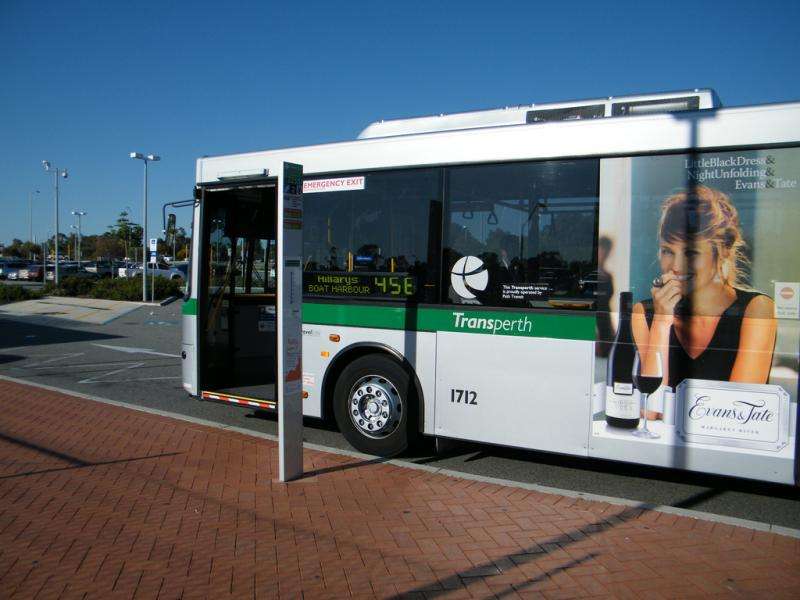Hydrogen bus trial shows promise

Heavy transport that emits heat and water instead of diesel exhaust is within WA's reach, a Murdoch University researcher says.
The key is a hydrogen fuel-cell, which creates electricity by stripping electrons from hydrogen protons—technology that is quickly gaining global attention in the search for green energy.
PhD candidate Jamie Ally says Australia's long-distance driving needs, transport energy trade deficit and geographical attributes make it a prime location for both hydrogen production and fuel-cell technology.
What's more, Perth already has industry connections, having participated in a global trial of bus fuel-cell technology from 2004 to 2007.
"The Perth hydrogen bus trials focused on testing reliability, and since then we've seen a huge increase in efficiency, durability, availability and affordability in second-generation technology," Mr Ally says.
"What could really give it a push here is the big uptake of hydrogen research in Asia, particularly with the automotive companies—Hyundai, Toyota and Honda are all developing fuel-cell cars.
"We also know that Japanese companies have people on the ground looking at exporting liquid hydrogen when LNG becomes too expensive."
Australian market could benefit from hydrogen fuel cells
Mr Ally says while exporting hydrogen holds great potential, the home market would also benefit from the technology, especially given Australia's shift from being an oil exporter to relying on imports to meet more than half its needs.
"Australia has vast resources of both renewable and non-renewable energy which can be drawn upon for hydrogen production and a transition to de-carbonise the economy," Mr Ally says.
"The need to create a new infrastructure to fuel vehicles is significant, but precedents exist."
One example is the natural gas industry, which has pipelines running for thousands of kilometres and bulk storage in cavernous geological formations such as the Mondarra facility in the Perth Basin near Dongara.
Mr Ally says WA could work towards fully sustainable large-scale hydrogen production that involves wind, solar and wave farms powering the electrolysis of water, with hydrogen stored in bulk underground and piped through a transmission network.
"I would love to see Australia use its natural advantages to get behind this technology and become a world leader," he says.
Canada, Scotland and Germany are currently testing heavy transport options, with Hamburg pledging to buy only emission-free buses by 2020.
Provided by Science Network WA

















